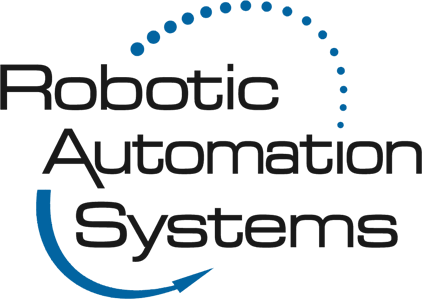Robotic Process Automation or Artificial Intelligence? Why?
In recent years, the demand for Robotic Process Automation (RPA) and Artificial Intelligence (AI) has grown exponentially. Companies of all sizes are realizing the benefits of these two technologies to the daily operations of their businesses.
Robotic Process Automation (RPA) and Artificial Intelligence (AI) are two terms describing the technology that enables organizations to automate many tasks that in the past have been performed by human employees. But what are the characteristics of each and how are they different?
Robotic Process Automation
RPA refers to software designed to automate repetitive tasks in order to streamline business processes. RPA robots are programmed to take human error out of routine workflows and in so doing, to boost productivity. Unlike humans, RPA bots perform tasks the same way every time with much greater accuracy and efficiency.
There are many benefits of RPA:
- Accuracy-Bots perform the same tasks the same way every time
- Speed-Bots can complete tasks with much greater speed
- Compliance-Bots can create audit trails, and will follow regulatory rules with exact precision
- Reliability-Bots can work 247 to reduce delays
- Employee morale-Bots relieve employees of tiresome and repetitive tasks, providing them a better work experience
RPA is an excellent tool for automating straightforward tasks but when business processes are more complex or require the ability to make intuitive decision, Artificial Intelligence can step in and complete the job. While RPA uses structured inputs and logic, AI uses unstructured inputs and develops its own logic.
Artificial Intelligence
AI is actually an umbrella term that describes a number of technologies like RPA and it describes a computer’s ability to learn and mimic human behavior and thinking. In contrast to RPA, AI is capable of making judgement based decisions, is intuitive, and can learn from its mistakes.
Popular applications of AI include image recognition, machine vision, speech recognition, chat bots, natural language generation, and sentiment analysis.
Since many businesses have both highly structured data as week as unstructured data such as free text or natural speech, RPA and AI can work together to perform a business process from start to finish. AI can use its ability to make cognitive decisions to begin a particular process, then turn the task over to the RPA system to complete the repetitive portion.
As organizations look to automate more processes, the continually evolving and improving technologies of RPA and AI will allow businesses to achieve greater efficiency, reduced costs, and better customer satisfaction .
Robotic Automation Systems has been a leader and innovator integrating automation and robotics for the plastics industry since 1993. Robotic Automation Systems solutions are custom engineered, built and fully integrated into your application and process – from complete turnkey automation systems to specific robotic automation application needs and tooling. We proudly represent a broad range of high-quality automation robots from several top-of-the-line manufacturers.
If you would like to see how we can help you with your automation or robotic needs, visit our website, or contact us at (608) 849-0880.
